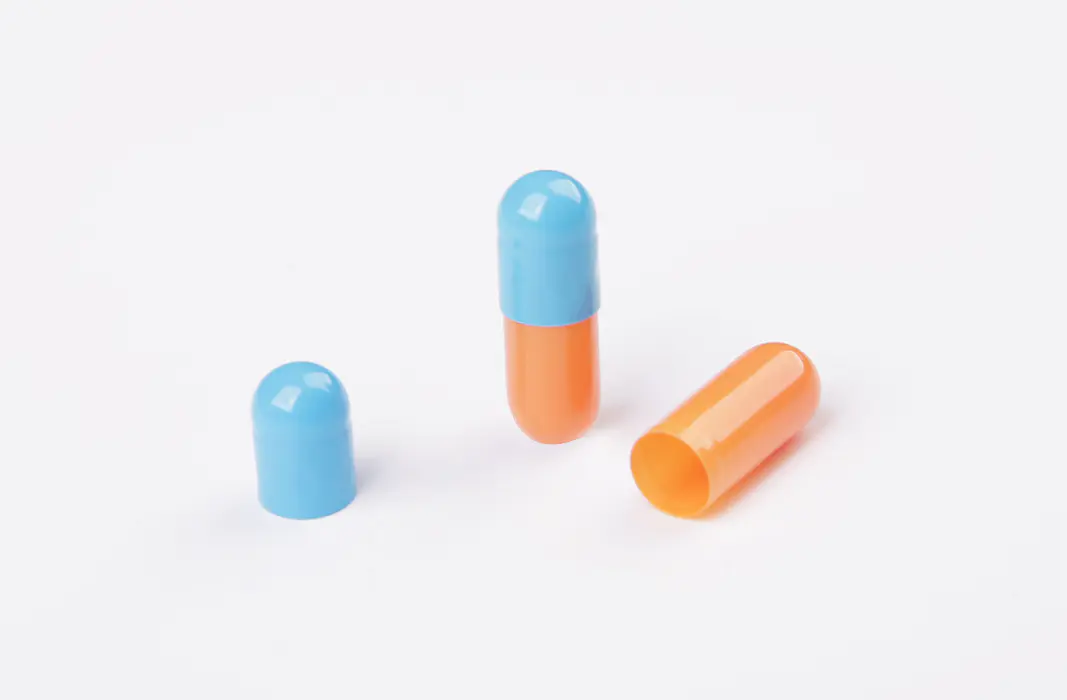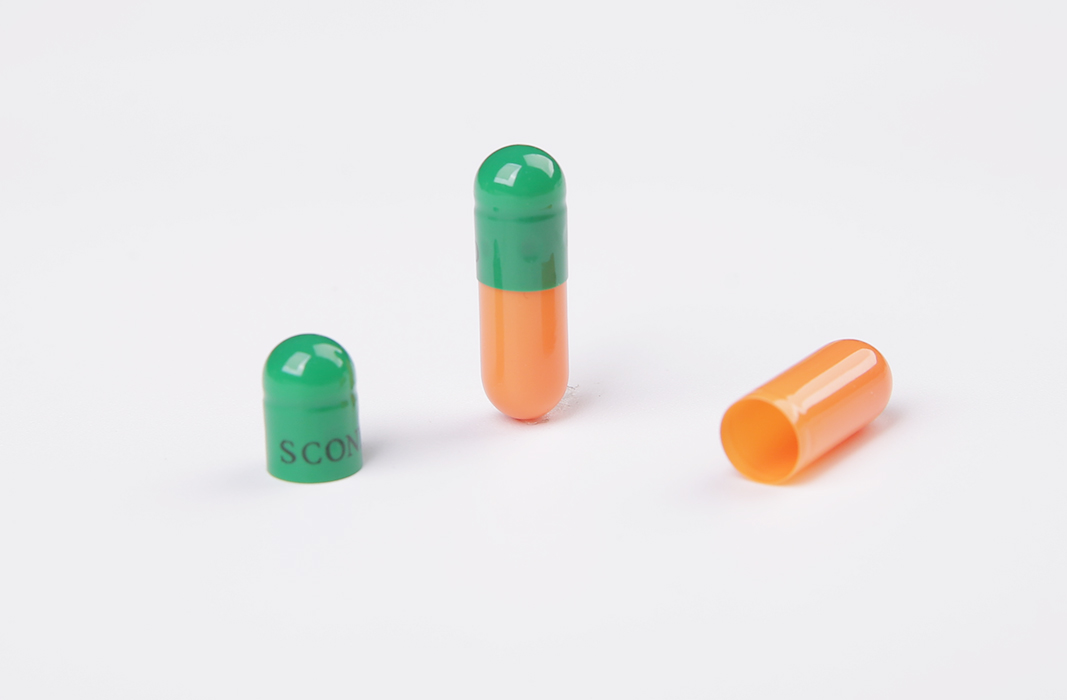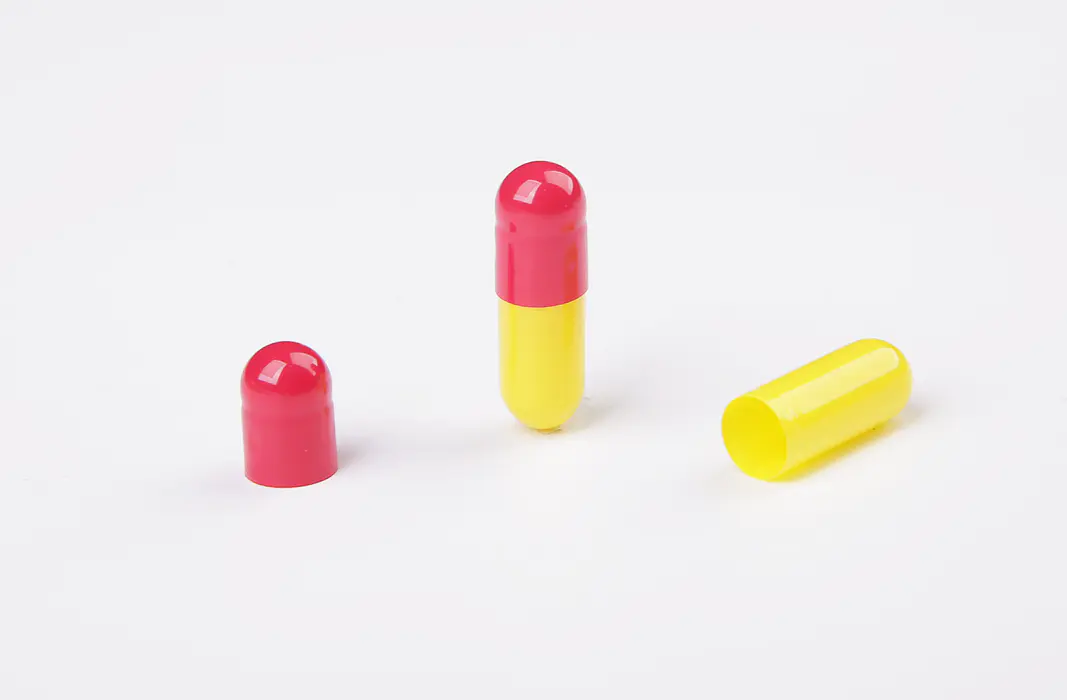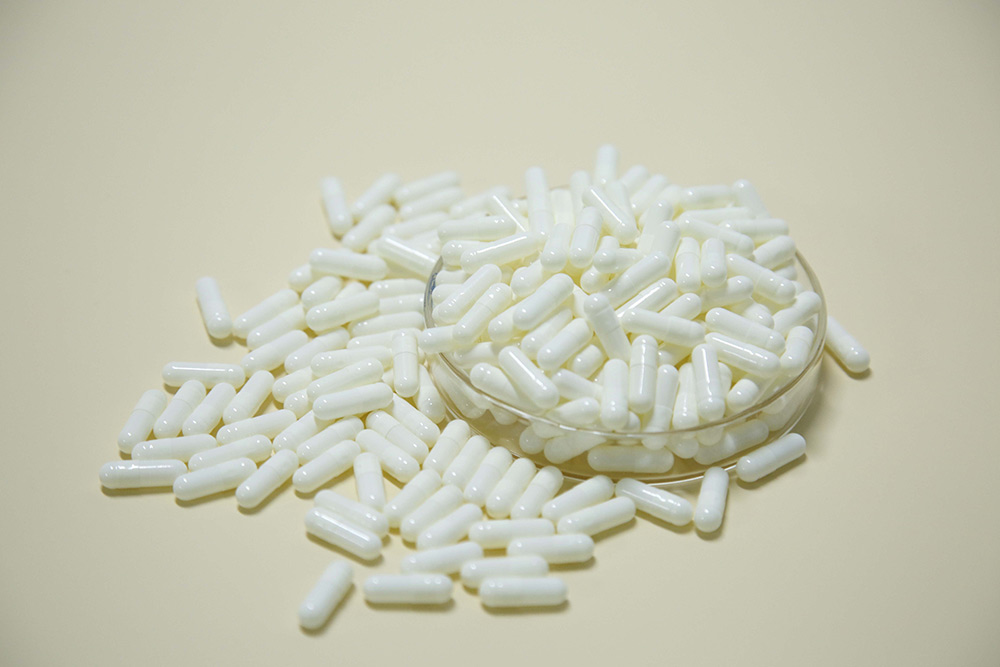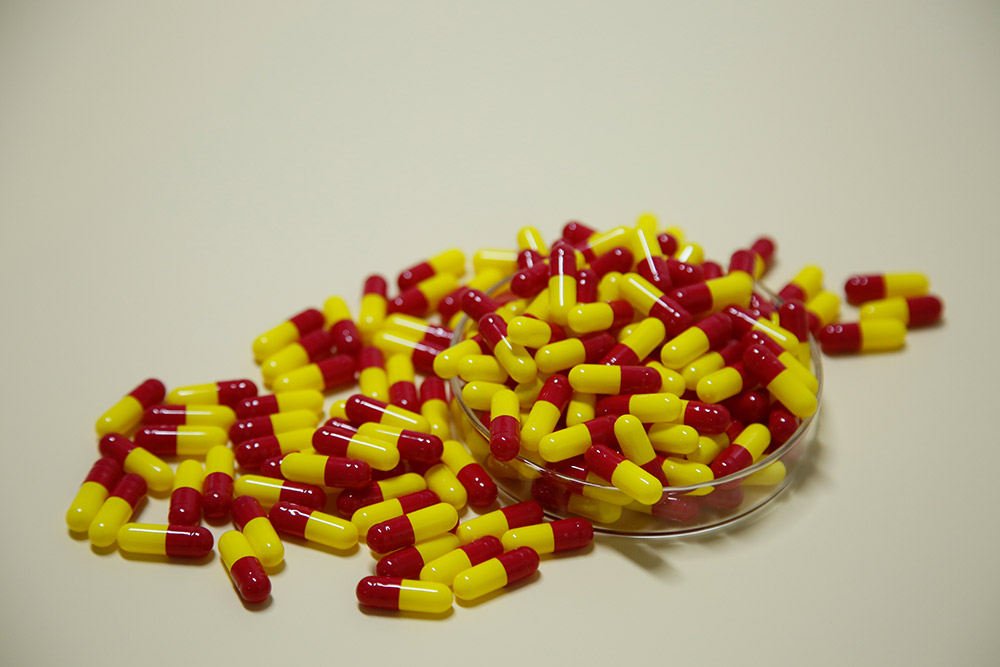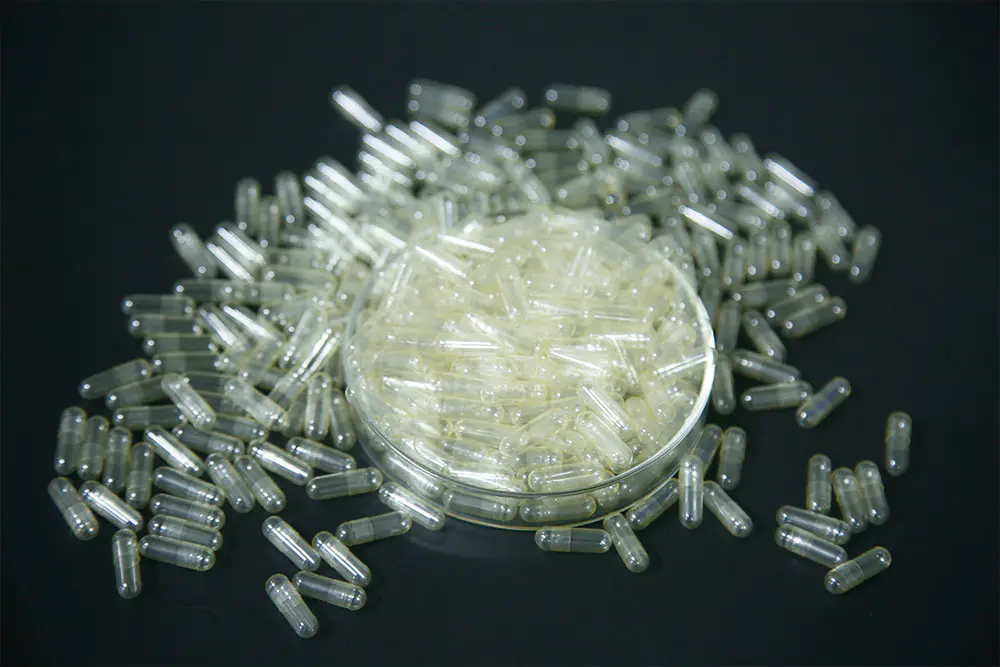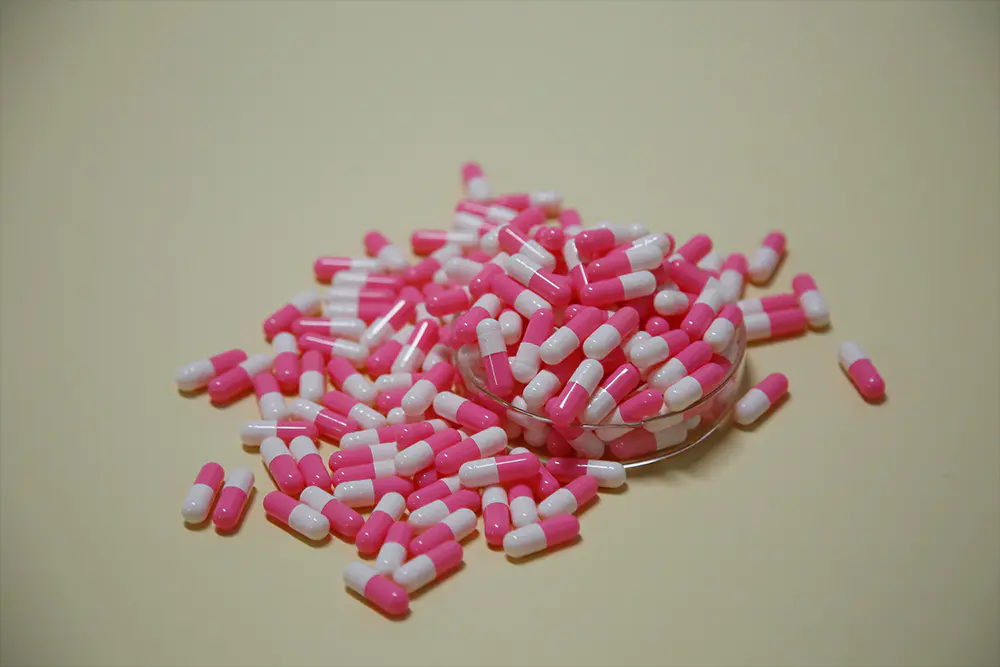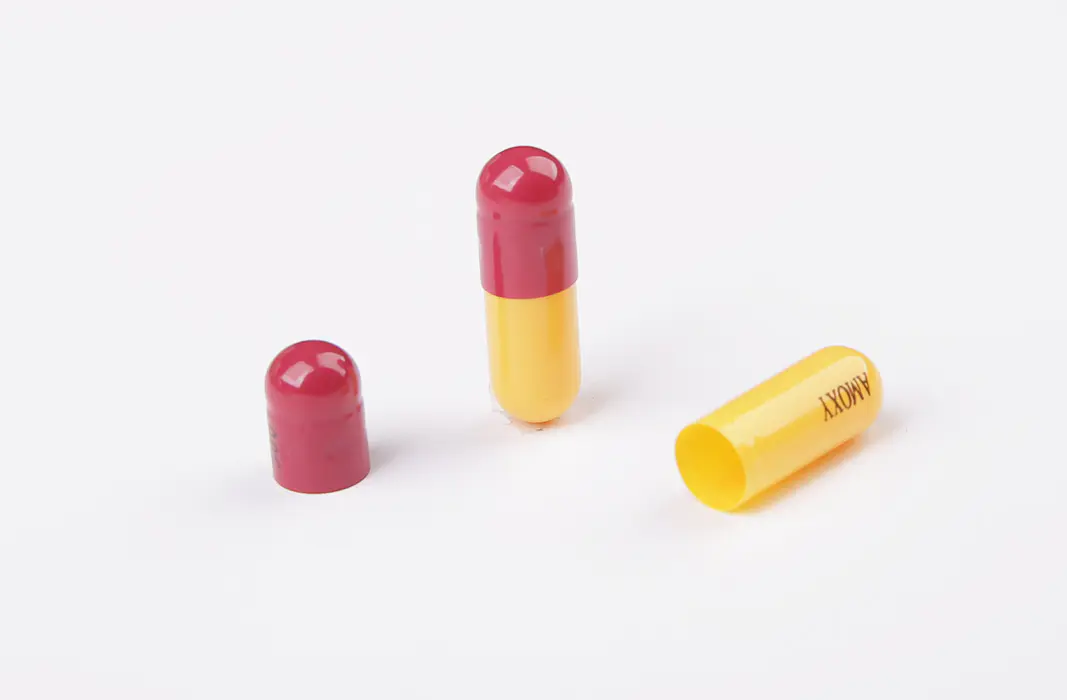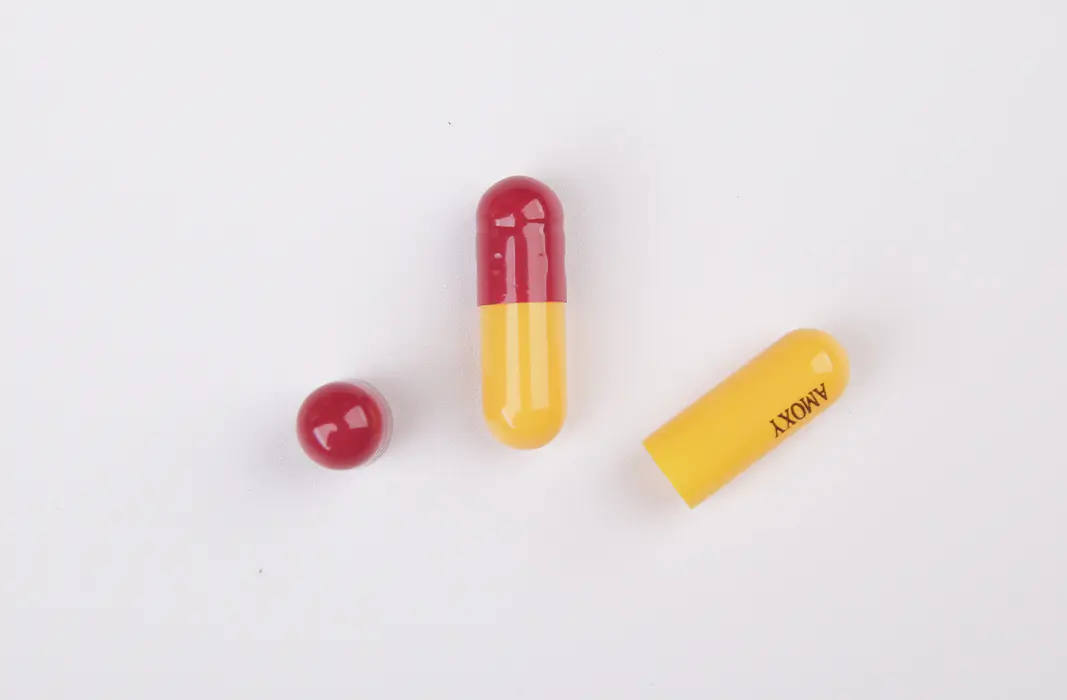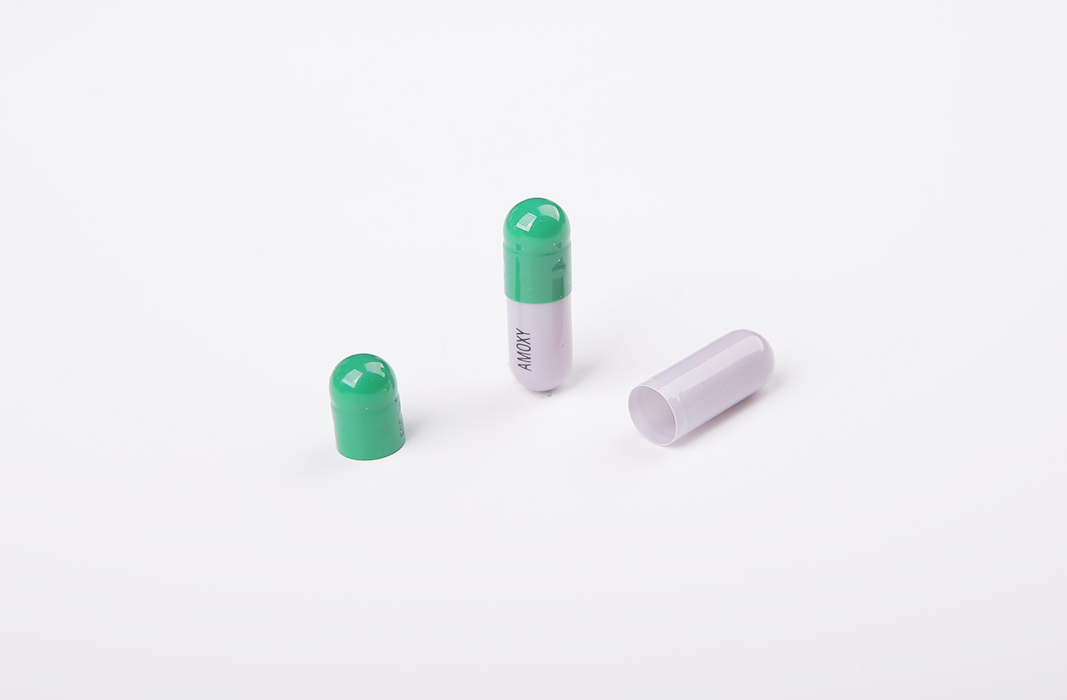Empty capsules are widely used in the medicine, food, and cosmetics industries, and the international capsule market is a market with huge potential. With the rapid development of materials science and other disciplines, hollow capsules also commonly face several production problems.
Ethylene oxide process sterilization is a safety hazard of current hollow capsules. This substance has carcinogenic effects. The World Health Organization Cancer Research Center classifies it as 2A. It is prohibited to be used for drug sterilization in Europe and the United States. Manufacturers still generally use ethylene oxide for capsule sterilization, and its potential harm to the human body is self-evident.
Another concern about the safety of capsules is preservatives, which have a strong inhibitory effect on mold. Used to inhibit microbial growth in gelatin capsules. However, due to the harmful chemical components it contains, there are limited requirements for use in medicines. Although the capsule is not a drug, it enters the human gastrointestinal tract along with the preparation, and its safety problem seriously affects the health of the human body.
Another point is the problem of moisture absorption of capsules. Most of the contents of capsules are Chinese herbal extract powder, which is easy to absorb moisture and agglomerate, resulting in material agglomeration. Capsules tend to become soft, agglomerated, and even mildewed after absorbing moisture, which affects the quality and efficacy of medicines.
At present, the problem of moisture absorption of capsules is mainly solved by the production process of traditional Chinese medicine preparations. The Chinese medicinal materials are extracted and refined into capsules, or various moisture-proof means are used, such as granule coating, powder coating, granulation process, and selection of moisture-proof packaging materials.




 Español
Español русский
русский